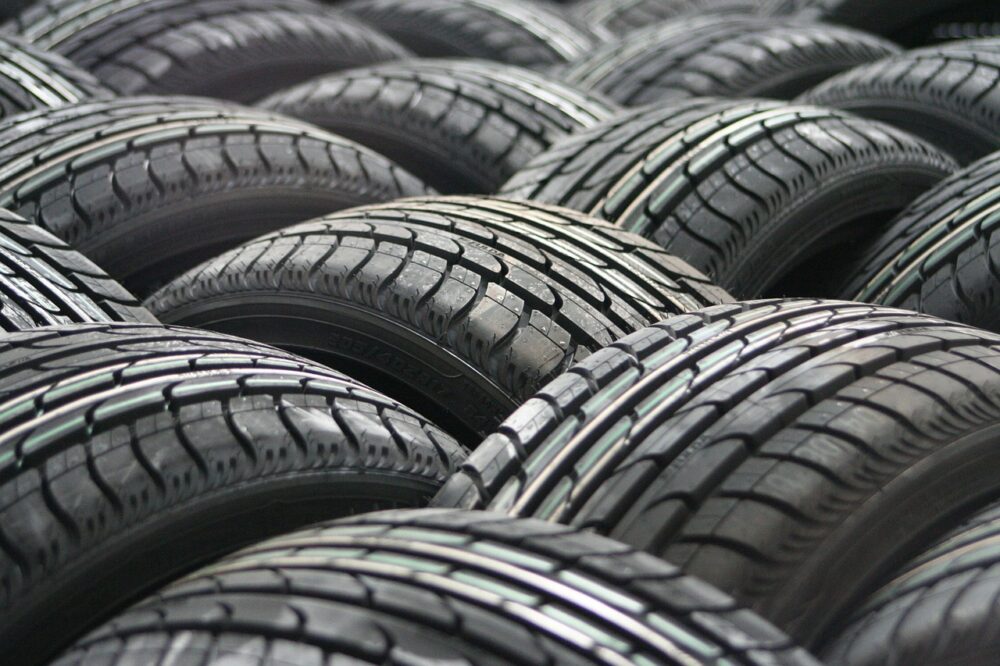A Practical Guide For Choosing The Right Tyres For Your Vehicle

Choosing car tyres should be easy but many motorists end up taking whichever set their fitter recommends because they don’t know how to select suitable ones. Of course, so long as your fitter chooses compatible tyres for your model of car, this need not necessarily constitute a problem. That said, relying on the person selling you tyres to choose the best ones isn’t always the best strategy. Whether you live in a big city like Cardiff or a more rural location in Fife, such as Crossgates, knowing how to choose tyres when you need new ones can be very handy.
Read on to find out how in our practical guide.
Choose the Right Tyre Size
Other than avoiding part-worn tyres from second-hand sellers, the next most practical thing you can do when choosing tyres is to make sure you buy correctly sized ones. If you buy from an online seller anywhere from Glenrothes to Glamorgan, you should always make sure the tyres on offer will actually fit the wheels of your car. Your current tyre – or the owner’s manual – will show which code you need to see for suitably sized tyres. The width is indicated by a three-digit number at the start of the tyre’s code while the relevant aspect ratio is shown by the next two digits.
Buy From a Reputable Tyre Centre
Buying from a tyre seller and then having a mobile fitter fit them for you can work out but it is often better to order online from a tyre fitting centre and book an appointment instead. This way, if there is a dispute down the line about the state of the tyre or how it’s been fitted, you will have just one point of contact to resolve the issue. If you are looking for a car tyre dealer in Dunfermline, you can contact Fife Autocentre, a firm with a great reputation. Check local testimonials to find a suitable centre near you.
Consider the Manufacturer
With car tyres, you shouldn’t lose sleep about finding the right manufacturer. Just because you have Michelin tyres fitted now, for instance, doesn’t mean you need replacements from the same maker. You can mix and match many different manufacturers if you want so long as the tyres are compatible. Nevertheless, premium car tyres are usually worth the extra if you can afford them. Seek special deals and promotions to get the best ones in your price range. Budget tyres simply don’t tend to last as long, costing more in the longer-term.
Radial, Diagonal or Belted Tyre Construction?
Radial car tyres are the most common type on UK roads so you can’t really go wrong with a set of them. They’re particularly effective for helping you to corner. Diagonal tyre construction is used by some of the premium tyre makers. These are ideal if you want to enjoy enhanced performance at high speeds. Belted tyres have an additional layer in the tread area for superior strength, meaning they can use less sidewall material and are lighter, as a result. Don’t worry about the relative merits of each – just don’t be blinded by science if someone tries to sell you with one sort of technology compared to the others.
Speed and Load Tyre Ratings
Finally, check the speed and load ratings for the tyres you intend on buying. Some tyres restrict your top speed while others have maximum loads. The former shouldn’t affect you if you stick to the speed limit because most ratings are over 70mph. However, lower load ratings can be problematic if you drive with lots of passengers and luggage frequently or you intend to tow a heavily laden trailer.





